
Transport Futures held a sold-out HOT Lanes Forum just seven weeks after the Ontario government announced its commitment to install High Occupancy Toll (HOT) lanes on sections of the provincial High Occupancy Vehicle (HOV) network. However, because the proposed plan isn’t quite bold enough to effectively reduce congestion, raise revenue for transportation infrastructure and decrease emissions, our interactive agenda had top North American experts present their latest research and case studies on all aspects of HOT lanes implementation.
Based on experience in the US, Robin Lindsey, Jonathan Hall, Kathy McCune, Ricardo Sanchez and Mark Burris strongly advocated for a dynamically priced network (rather than a permit system), that is well-signed for driver safety/enforcement, effectively communicated to the public and eventually built out as an HOV3, 4-lane network (2 lanes in each direction). Jaymin Patel, Ben Miners, Michael Wilson and Bern Grush demonstrated that infrastructure costs can be reduced and revenues maximized by selecting the latest transponder technologies/on-board units and taking advantage of existing assets (e.g. Presto, 407 ETR’s back office). Using evidence from the recent Pan Am Games HOV lanes data, Jake Schabas said that properly designed HOT Lanes could increase the efficiency of the bus and highway network which would result in ridership growth and congestion reduction while potentially decreasing operational costs. John Howe recommended that political champions are needed to ensure that the new HOT lanes are a success but that they should be promoted in the context of larger issues related to electric/automated vehicles, fiscal disruption, changing personal mobility choices and democratization of road space.

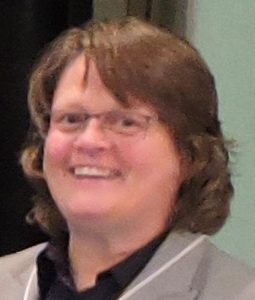






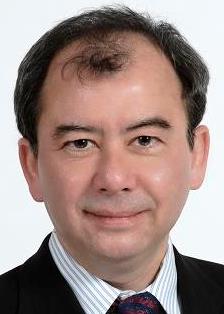
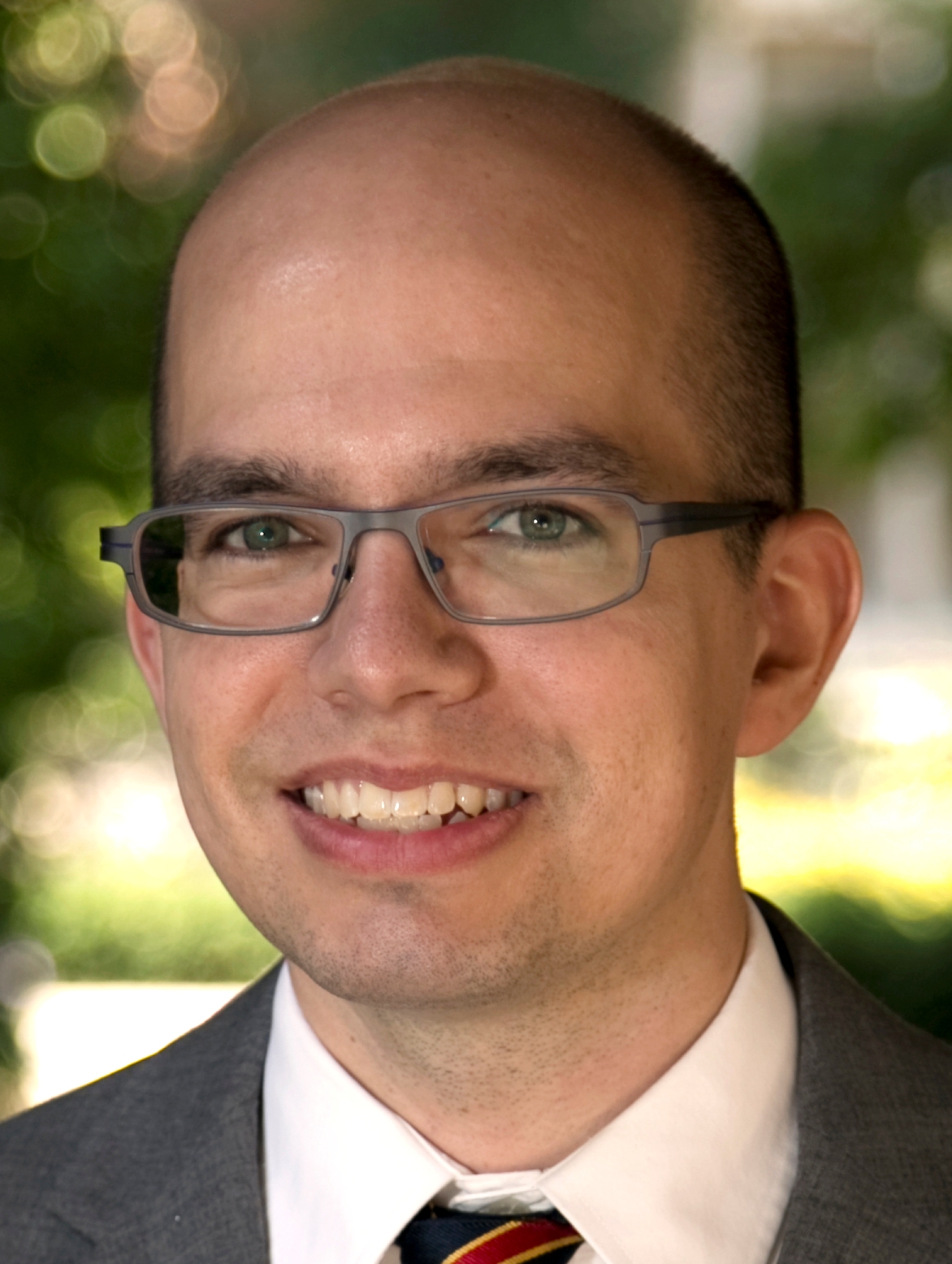
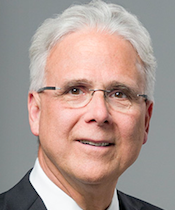
Over 84% of our 103 delegates stated that the HOT Lanes Forum met their expectations while the same number said it was excellent or very good value for money. Here are a few comments received:
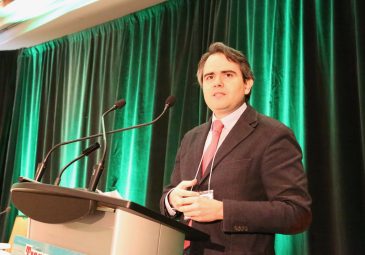
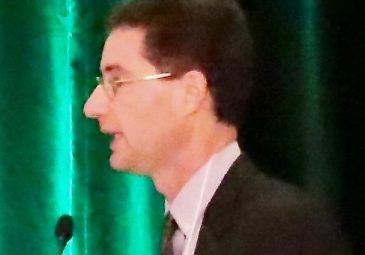
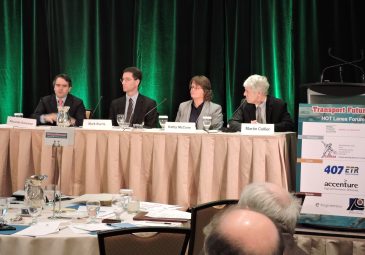
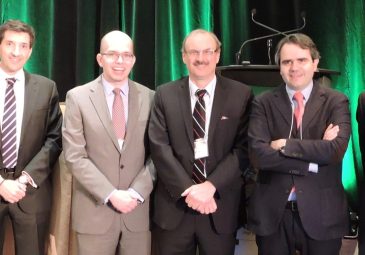
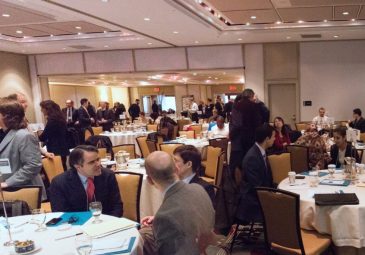
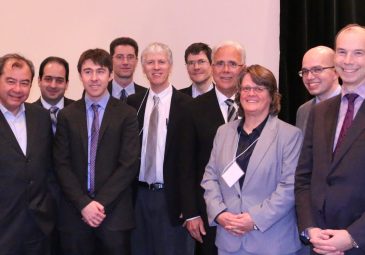
The HOT Lanes Forum was generously sponsored by the Residential and Civil Construction Alliance of Ontario (Platinum), 407 ETR (Gold), Accenture (Silver), the Ontario Good Roads Association (Bronze) and e-RegisterNow (Supporter).
Transportation Futures
is a project of
Healthy Transport Consulting